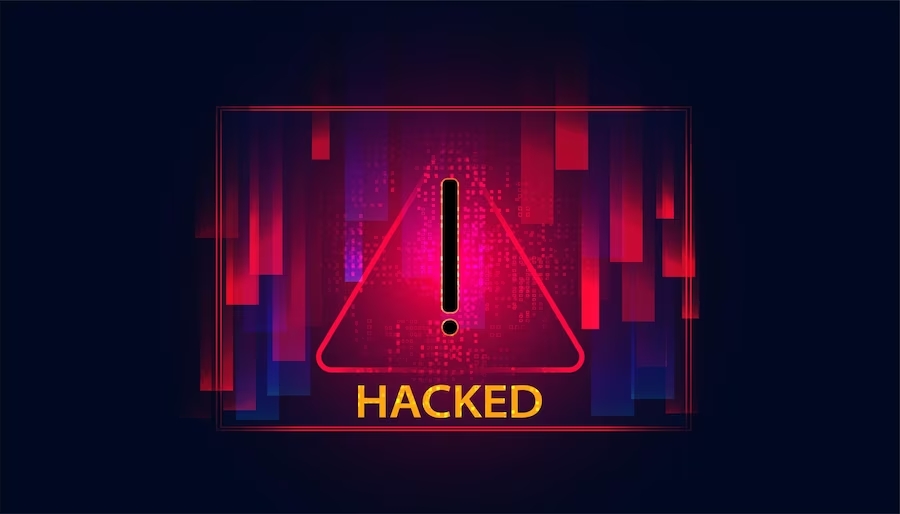Since we live in an interconnected world through the Internet, cyber-attacks have become more frequent and specialized, so more and more companies are investing in cybersecurity and data privacy technologies. Don't know what these terms mean? Don't worry, we'll tell you.
Data privacy is the set of digital protection measures that prevent unauthorized people from accessing sensitive information on websites, databases and computers, protecting users from corruption and cyber threats. There can be no cybersecurity without data privacy, so data privacy is an essential pairing that enables the existence of the other.
There are several technical and legal measures that ensure cybersecurity, keeping cyber-attacks on organizations and individuals to a minimum.
What is data privacy?
It is an aspect of information technology that protects data from unauthorized access during its lifecycle; it is also known as IT security and encompasses concepts such as tokenization, key management and data encryption; it is applicable to personal and organizational platforms and websites.
More and more companies are investing in cybersecurity to protect intellectual capital, brand and customer information, however, there are numerous challenges that data privacy still faces, including:
- The rise of cyber threats due to the rise of digital transformations.
- Cyber-attacks on supply chains
- Consumers have less and less confidence in data privacy
What is cybersecurity?
Cybersecurity is an area that is responsible for protecting the computer infrastructure and all the information contained in it, either on a computer or on a network on the Internet. Its objective is to defend devices and networks from cyber-attacks and any cyber-threat on the Internet, from corporate espionage to the theft of personal data for extortion and identity theft.
The types of cyber-attacks it protects against can be viruses, phishing, spoofing and denial of service. Another way to observe cyber-attacks is through programming errors and electronic glitches.
Balancing cybersecurity and data privacy: The defense against cyber-attacks
Online security is not dependent on a single factor; its effectiveness goes hand in hand with the balance between cybersecurity and data privacy, which coexist in both physical and digital environments. There is even a special type of protection for what is called special data, those containing personal information such as religious beliefs and sexual orientation.
Cybersecurity and data privacy guarantee protection in all areas, and on the Internet, it is not an option, it is an obligation that companies owe to their users, and when they fail to comply, they face huge fines, that is why in each web page you can find a section with the security policies of the website.
4 types of cyber attacks
These are harmful actions against computers, computer networks and basically any electronic device, so it is important to learn how to identify cyber-attacks to avoid them.

1. Phishing
It is a term related to the word "fish", it is the most frequent cyberattack; it is developed through the sending of e-mails that seem to be from real sources, but contain malicious links that will steal information and personal or business data, so they get passwords and can impersonate.
2. Spear Phishing
It is a variant of Phishing, with the difference that they seek to gain the trust of the recipient through personalized emails, more realistic, but with the same objective as the previous one: to steal your data.
3. Whaling
This is a cyber-attack aimed at CEOs of companies and in general at the top management of the organization. It is persuasive, the information appears to come from a company or important person in a higher-level position.
4. Malware
It is a computer program that directly affects computers and computer systems; it is one of the most dangerous because it acts silently. Some examples are: Ransomware, spyware, cryptomalware, Trojans, worms, keylogger, bots and adware.
How can companies prevent cyber-attacks?
The first step to prevent cyber threats and cyber-attacks is to implement the best security policy; in the process, the risk must be evaluated, the information security must be studied and any risk of obstruction of the development of activities must be eliminated.
Companies that want to eradicate cyber threats should:
- Elaborate rules and procedures to be followed for each service of the company.
- Establish the steps to follow and choose the emergency contact that will support in case of intrusions or attacks.
- Educate employees about IT security and the consequences of carelessness in this regard.
- Define and document information access rights.
Why is cybersecurity important?
Crimes exist everywhere, so safety nets are always generated to ensure protection, and cybersecurity is no exception, it exists to ensure that all information in the digital environment is safe, from personal information to confidential data.
Without adequate cybersecurity and data privacy measures it would be impossible to perform all transactions and operations that take place on the Internet daily, and although they are not infallible measures one hundred percent, ultimately, the implementation of these measures minimizes the incidence of cyberattacks. These protection measures ensure that there is a wall that cybercriminals cannot break through.
Lack of cybersecurity: Risks for users
When cybersecurity is compromised, users are exposed to risks such as:
- Vulnerability to phishing and smishing attacks.
- Identity theft
- Increased exposure to online fraud and scams
- Becoming victims of digital banking theft
- Extortion or blackmail with sensitive personal information
Lack of cybersecurity: Risks for businesses
The predisposition to cyber threats and cyber-attacks also compromises the integrity of organizations, increasing the risks of:
- Attacks targeting senior-level employees such as executives and managers.
- Employees who may become the gateway for cybercriminals to enter the enterprise
- Blackmails about leaking confidential information and selling it to the highest bidder (ransomware attacks).
Cybersecurity and data privacy measures
Cybersecurity and privacy tools ensure compliance with one and the other; these must be robust such as: Antivirus, firewall, endpoint security systems, SOC, DLP, intrusion detection, firmware update, software, hardware and VPN use, plus of course elaborate adequate cybersecurity protocols.
At Alpha Solutions it is vital to comply with data protection regulations, therefore we always guarantee the cybersecurity and privacy of our users from the design of the web, to the technical measures that protect the filtration and misuse of data.
The most efficient measures are: Data encryption, limiting access to personal data, limiting data collection, setting deadlines for deleting requested data and establishing confidentiality agreements. In short, cybersecurity and data privacy are indispensable, so digital privacy protection should always be strengthened.
Related Posts
Los hacks de los freelancers más productivos
Hicimos una investigación para contarte los hacks más efectivos que aplican los freelancers de alto…
The Secret to Success: Top Hacks of Supercharged Freelancers
If you want to start this 2025 on the right foot in the world of…
¿Pueden los nómadas digitales hacer voluntariado?
La vida de los nómadas digitales ofrece muchos beneficios, además de la flexibilidad de horarios…
Can digital nomads volunteer?
Today we will tell you everything you need to know about digital nomads and how…








 test
test
